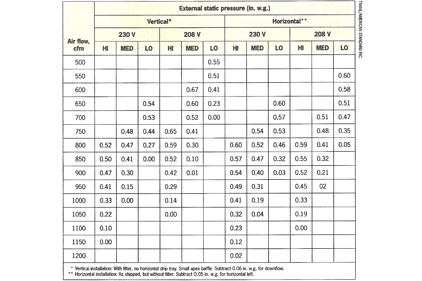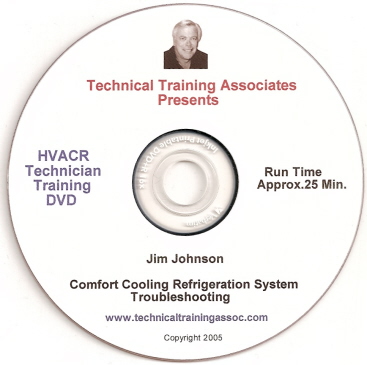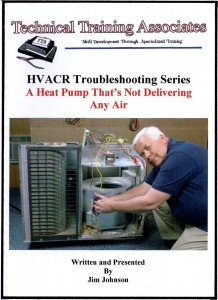Your troubleshooting problem involves a 3-ton split system, and the complaint is that in a high outdoor ambient situation, the unit is unable to obtain the necessary comfort level in the 1,200-square-foot building it is supposed to cool. And, this unit has a history. During the two previous summers since it was installed, the technicians who have responded to requests for service determined that there was no problem with its performance and concluded that the system was “doing all it could do” to handle the heat load in the building during the extreme heat of the summer.
Further information about the previous service calls is that it was determined that the system was not operating on a low refrigerant charge. And when you review the service tickets, you note that all of them show that the only evaluation performed was related to the refrigeration system. During your indoor survey of the building, you confirm that the filters are the correct type, and the owner tells you that they are changed monthly.
You decide that your first step in evaluating the performance of this horizontal system is to perform a static pressure test on the blower assembly itself, which shows a result of 0.41 inch w.g. As your next step, you compare your test results to the manufacturer’s blower performance data shown here.
Since you determine that this is not a situation in which the relative humidity is excessive, nor that it’s a very dry environment that would require an airflow adjustment either lower or higher in order to better control humidity, you decide to stay with the standard of 400 cfm per ton, and that the proper wiring for the 230-volt indoor fan motor is high speed.
Your two-part troubleshooting question: What have you determined about the airflow in this equipment, and what are possible solutions to the problem?
Compare your answers with ours by clicking on the PDF link below.
Publication date: 11/3/2014
PDF - November Troubleshooting Answer
For information on Jim Johnson’s HVACR technician training DVDs, go to http://techtrainassoc.com/training-videos/hvacr-training-videos/.










